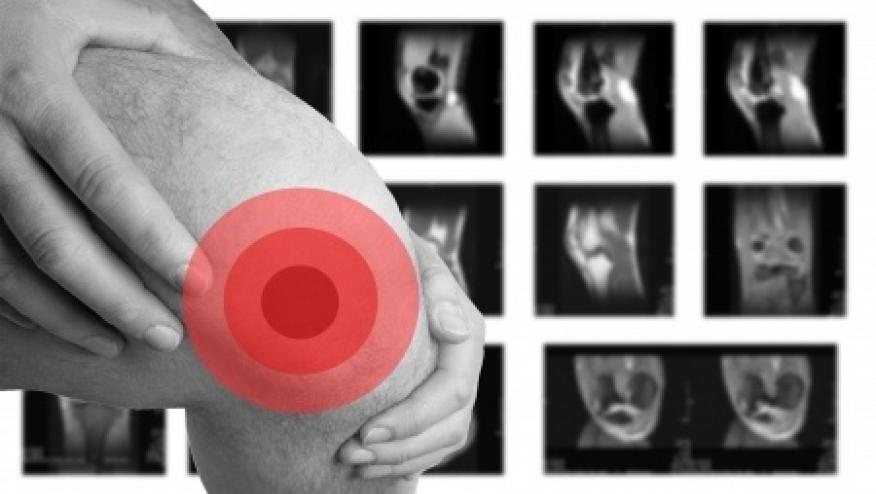2023 EULAR Non-pharmacological Management of Hip and Knee Osteoarthritis: 2023 update Save

EULAR has published the 2023 updated recommendations for the optimal non-pharmacological management of hip and knee osteoarthritis (OA).
Non-pharmacological treatments for OA are as important and impactful at improving pain, function and quality of life in OA. These EULAR recommendations were originally published in 2013.
This update began in 2022 with a multidisciplinary Task Force (25 members from 14 European countries) who conducted a systematic literature review that became the basis for updated recommendations.
The 2023 OA recommendations include two overarching principles and eight evidence-based recommendations that focuss on an individualised management plan; education and self-management; exercise; weight control and weight loss; footwear, walking assist devices; work and behavior changes.
Overarching Principles
- The hip or knee OA initial assessment should use a biopsychosocial approach to consider physical and psychological status, activities of daily living, participation including work, social determinants and environmental factors
- Treatment should be based on shared decision-making considering the needs, preferences and capabilities of the individual
Recommendations
-
People with hip or knee OA should be offered an individualised, multicomponent management plan that includes the recommended core non-pharmacological approaches.
-
People with hip or knee OA should be offered information, education and advice on self-management strategies (considering available modes of delivery) and these should be included and reinforced at subsequent clinical encounters.
-
All people with hip or knee OA should be offered an exercise programme (eg, strength, aerobic, flexibility or neuromotor*) of adequate dosage with progression tailored to their physical function, preferences and available services.
-
The mode of delivery of exercises (eg, individual or group sessions, supervised or unsupervised, face to face or by using digital technology, land-based or aquatic exercise) should be selected according to local availability and patient preferences. The exercises preferably should be embedded in an individual plan for physical activity.
-
People with hip or knee OA should be offered education on the importance of maintaining a healthy weight. Those overweight or obese should be offered support to achieve and maintain weight loss.
-
For people with hip or knee OA, consider walking aids, appropriate footwear, assistive devices and adaptations at home and at work to reduce pain and increase participation.
-
People with hip or knee OA with or at risk of work disability should be offered timely advice on modifiable work-related factors and, where appropriate, referral for expert advice.
-
Consider employing elements of behaviour change techniques when lifestyle modifications are needed (eg, physical activity, weight loss) for people with hip or knee OA.










If you are a health practitioner, you may Login/Register to comment.
Due to the nature of these comment forums, only health practitioners are allowed to comment at this time.